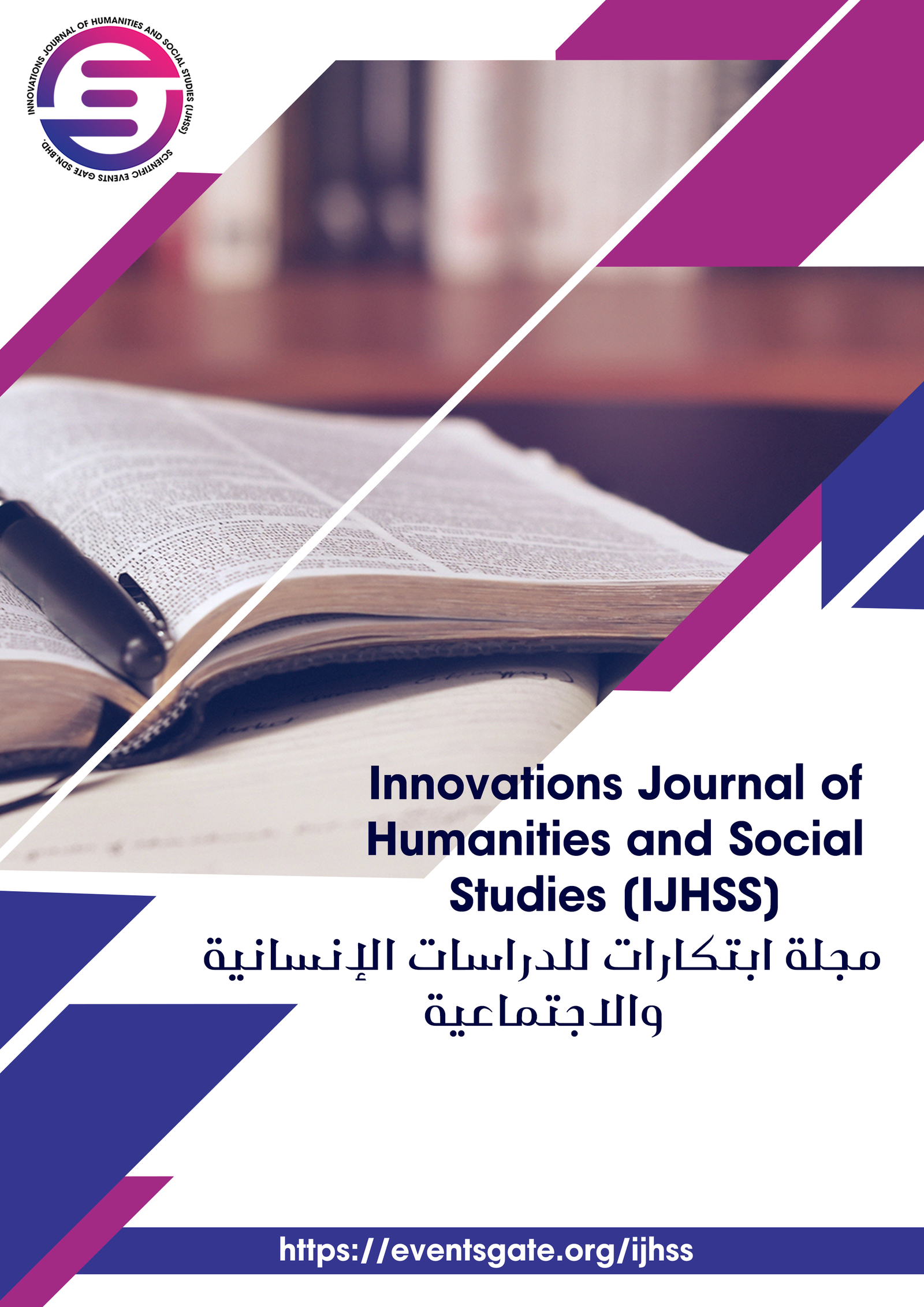Jewish Rushdiism The Rashidi Influence on Jewish Philosophers
– Analytical study –
DOI:
https://doi.org/10.61856/ijhss.v2ispc..210Keywords:
Auspicious And Jewish Rushdi, Parallel Text.Abstract
This study aims to shed light on the influence of Averroes' (Ibn Rushd's ) philosophy on Jewish philosophy, specifically highlighting its impact on the methods of medieval Jewish philosophers. These philosophers played a significant role in the emergence of Maimonidean Averroism and in introducing philosophical questions influenced by Averroes' approach. This influence led to the development of two important philosophical trends: Maimonidean Averroism, also known as Jewish Averroism. This Jewish Averroism was deeply guided by the thought of Averroes, which became a guiding light for it. Its features became clearly visible in the figure of Rabbi Moses Maimonides (1130–1204 ), one of the most prominent scholars and philosophers of Jewish thought. Maimonides was a towering figure who contributed to explaining and interpreting the intellectual and theological heritage of Judaism up until the 15th century and laid down the fundamental beliefs of Judaism. Averroes' philosophy remained clearly present in the thinking and methodology of Jewish philosophers, from Moses Maimonides to those who came after him, such as Isaac Albalag and Judah Messer Leon, who led the second stream of Jewish philosophers known as the radical Jewish Averroists. This group brought about a significant shift in the methodology of interpreting religious texts, following in Averroes' footsteps in the way he dealt with religious and philosophical writings. This gave rise to two new phenomena in Jewish philosophical thought: the phenomenon of commentaries on Averroes' commentaries on Aristotle, and the phenomenon of the "parallel text," which refers to the emergence of texts written in parallel to those of Averroes.
Downloads
Published
Issue
Section

This work is licensed under a Creative Commons Attribution 4.0 International License.






